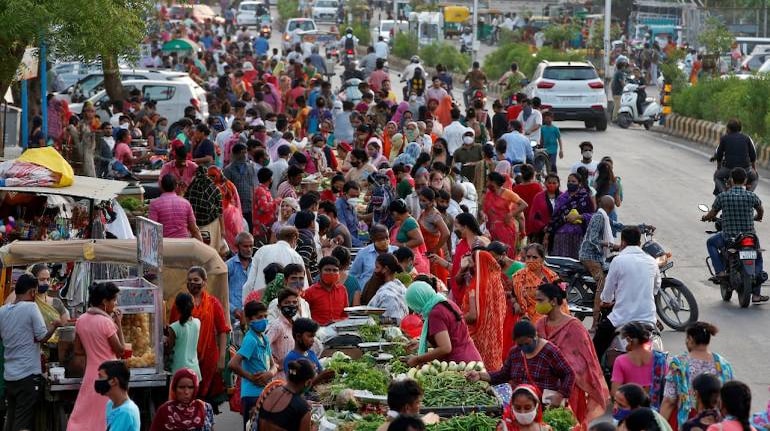



The Centre reiterated on June 23 that the ‘Delta Plus’ variant of the novel coronavirus remains a “variant of concern”.
“The Delta variant as well as all Delta sub-lineages, including Delta Plus, are classified as VOC (variants of concern),” a statement posted by Union Health Minister Dr. Harsh Vardhan on Twitter read.
The clarification came amid confusion over if the government had categorised it as a “variant of concern” or “variant of interest”.
During a press briefing on June 22, Union Health Secretary Rajesh Bhushan had said: “Any variant's transmissibility and virulence decide whether it is a variant of concern or interest. Delta variant is found in 80 countries around the world, including India and it is a variant of concern. Delta Plus variant has been detected in nine countries besides India. In India, 22 cases of Delta Plus variant have been found and it is in the category of variant of interest, (and) not yet in the category of variant of concern.”
The video of Bhushan’s comment from the previous day was also posted by the Health Ministry’s Twitter handle on June 23.
However, the Health Ministry had said on June 23 evening that it was classifying the Delta Plus variant as a “variant of concern”. The ministry had also advised three states – Maharashtra, Madhya Pradesh and Kerala – to immediately ramp up containment measures in districts where the variant has been found.
The Centre’s fresh classification of the variant was based on recent findings by Indian SARS-CoV-2 Genomic Consortia (INSACOG), which also dubbed the Delta Plus strain a ‘variant of concern’ based on the virus’ characteristics such as increased transmissibility, stronger binding to receptors of lung cells and potential reduction in monoclonal antibody response.
Around 40 cases of the variant have now been detected in Maharashtra, Kerala and Madhya Pradesh, according to the Health Ministry.
An earliest sequence of this genome was found in Europe in late March, news reports suggest. The variant has also been detected in nine other countries: the United States, the United Kingdom, Portugal, Switzerland, Poland, Japan, Nepal, China and Russia.
The Delta Plus variant was formed due to a mutation in the B.1.617.2 variant, first identified in India and one of the drivers of the deadly second wave of infections in the country.
Read: Explained | Why coronavirus’ Delta Plus variant is concerning
Health experts have warned that the Delta Plus variant may lead to a possible third wave. While Delta remains the dominant variant in the country, the prevalence of Delta Plus is still low. But even the Delta variant, once with low prevalence, had spread rapidly across the country.
Follow Moneycontrol’s full coverage of the coronavirus pandemic here
Discover the latest Business News, Sensex, and Nifty updates. Obtain Personal Finance insights, tax queries, and expert opinions on Moneycontrol or download the Moneycontrol App to stay updated!
Find the best of Al News in one place, specially curated for you every weekend.
Stay on top of the latest tech trends and biggest startup news.